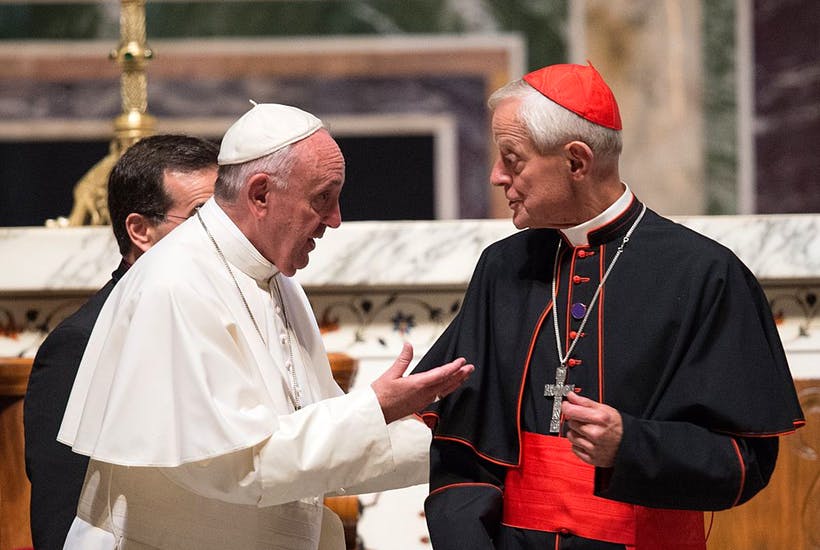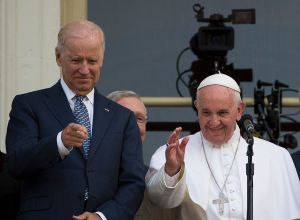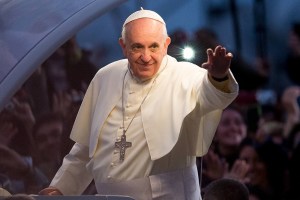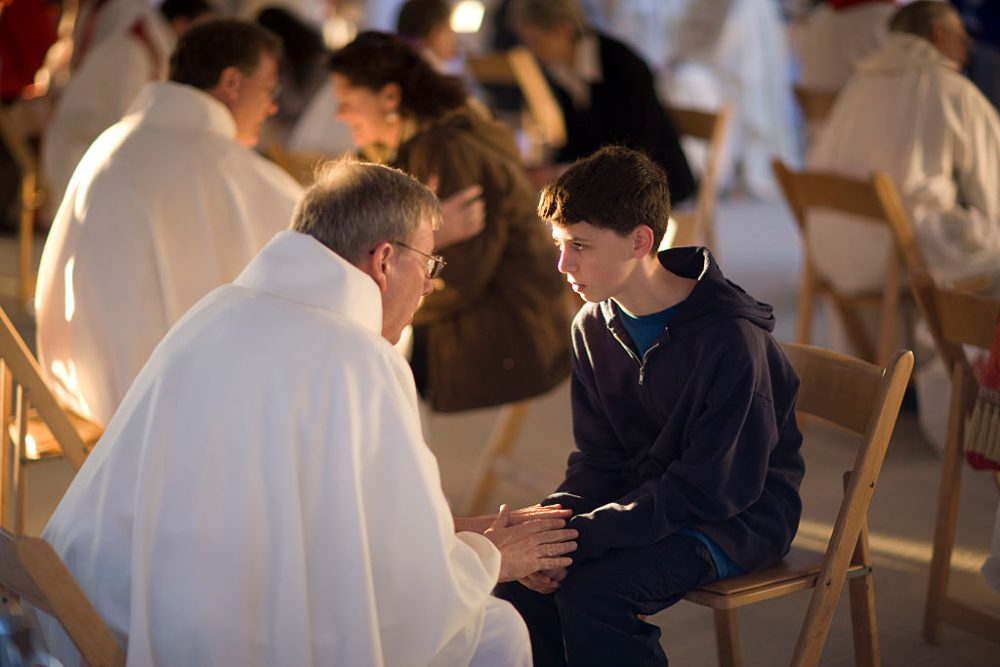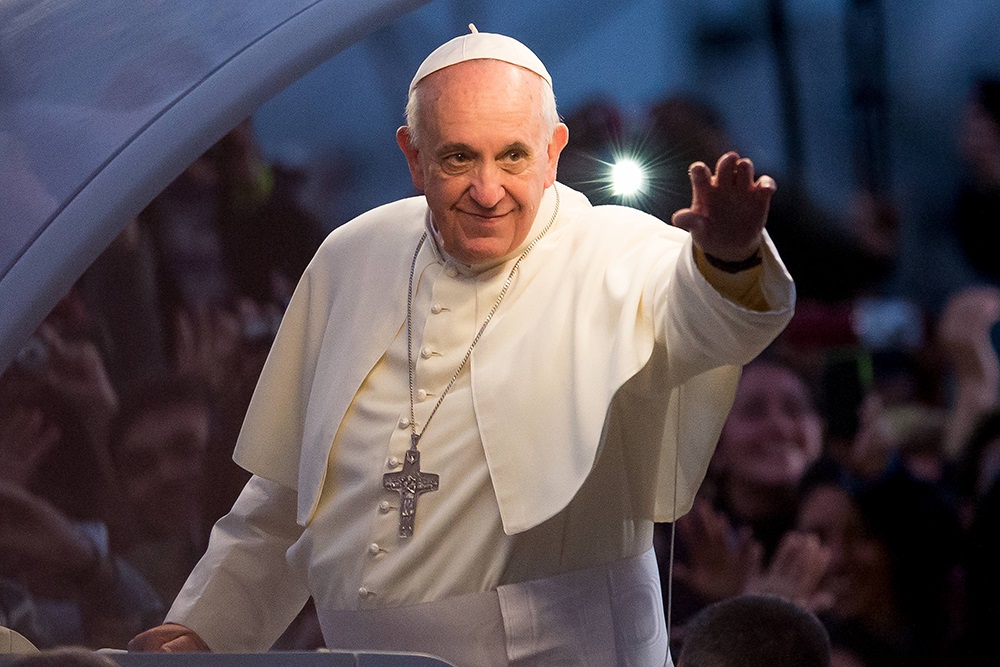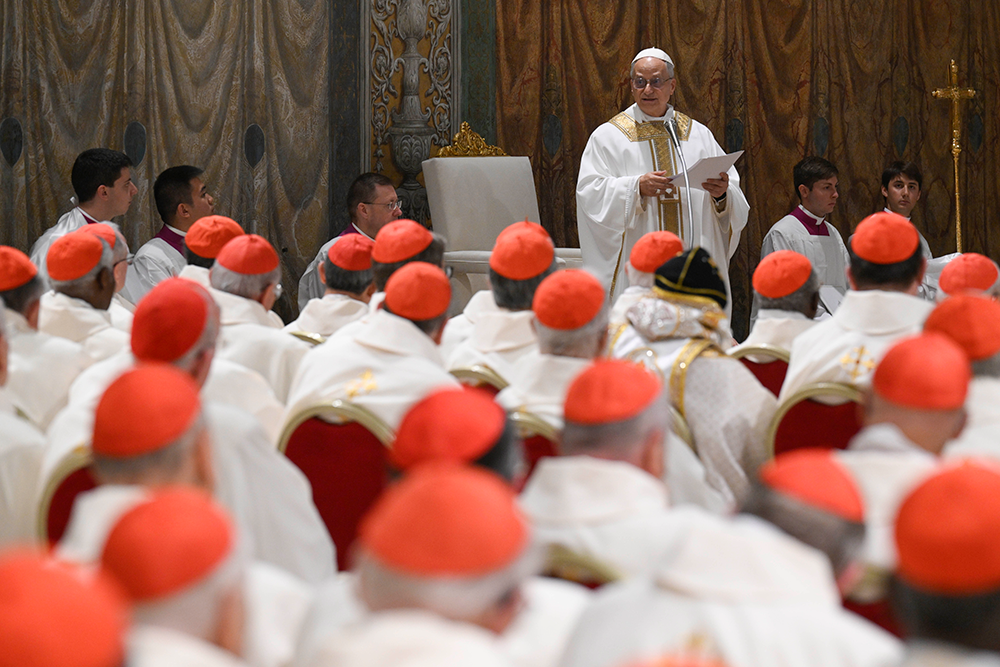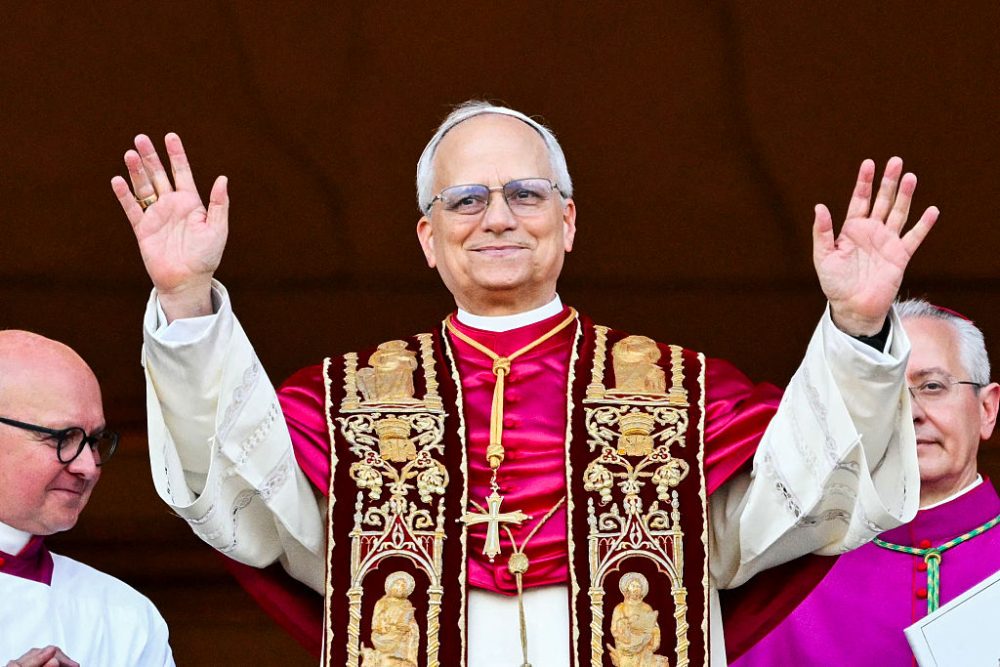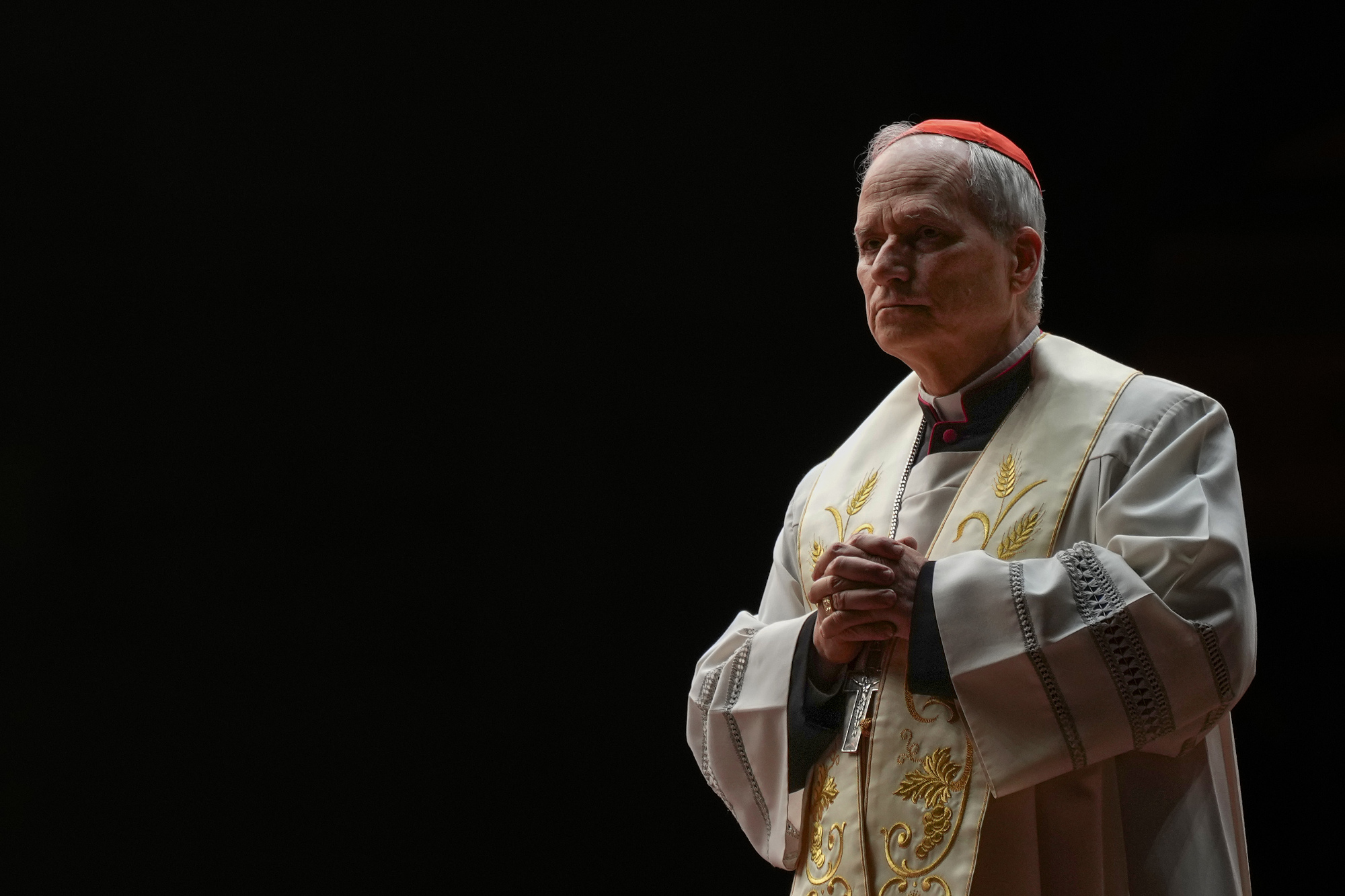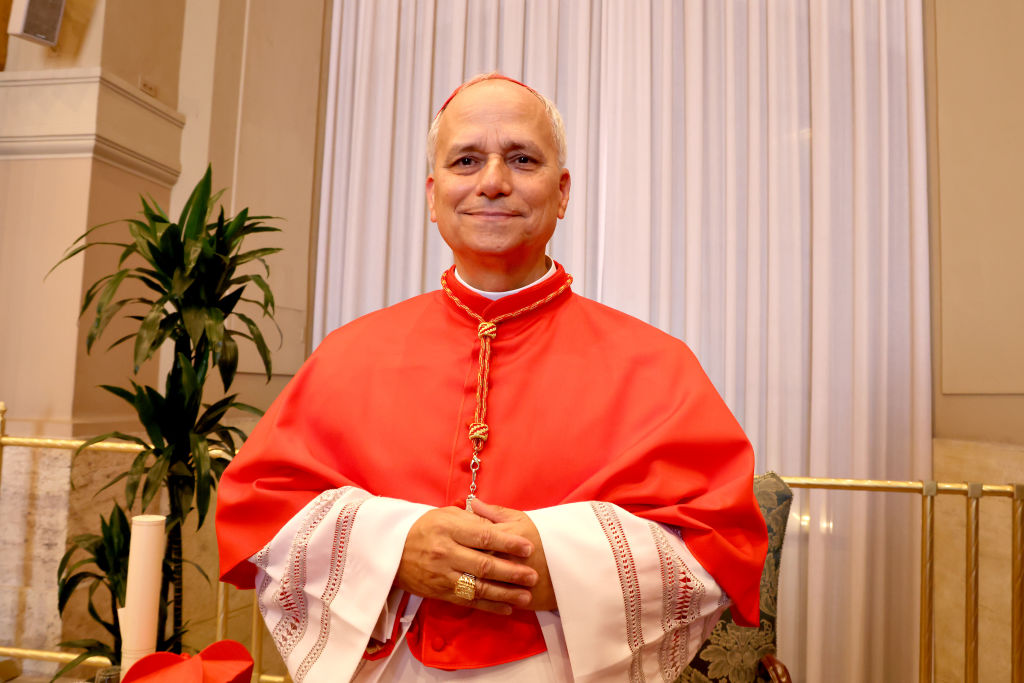Pope Francis has accepted the resignation of the Archbishop of Washington, Cardinal Donald Wuerl, who is under intense pressure to explain what he knew about his disgraced predecessor, the sex abuser and ex-cardinal Theodore McCarrick.
Wuerl had asked to resign. He knew his position was untenable: not only is there widespread scepticism about his claim that he didn’t know McCarrick routinely assaulted seminarians, but he’s also under fire for alleged mishandling of abuse cases when he was Bishop of Pittsburgh.
His departure hasn’t come as a surprise: he is past retirement age anyway. But many Catholics are disconcerted – to put it mildly – by the Pope’s letter to Wuerl, in which he praises the embattled cardinal in language more appropriate to a canonisation than resignation under a cloud.
Francis told Wuerl:
‘You have sufficient elements to “justify” your actions and distinguish between what it means to cover up crimes or not to deal with problems, and to commit some mistakes. However, your nobility has led you not to choose this way of defence. Of this, I am proud and thank you.’
It’s a confusing statement, but one thing is clear: Donald Wuerl remains one of the Pope’s favourite cardinals. This talk of ‘nobility’ is a classic example of his determination to defend his allies, almost irrespective of what they have done or are accused of doing.
Cardinal Wuerl is no villain, unlike McCarrick. His rise in the Church has as much to do with his passion for evangelism as his networking skills. His record of handling sex abuse cases is genuinely mixed: if he made mistakes in Pittsburgh, it’s also true that in other cases he showed greater willingness to punish miscreants than some of his fellow bishops.
What brought him down – and what makes Pope Francis’s letter so bizarrely tone-deaf – is the monumental scandal of McCarrick.
To understand how, read the Vatican observer Fr Raymond de Souza, editor-in-chief of the influential Convivium magazine, writing in the National Catholic Register today. Wuerl had to go because his own priests in Washington ‘thought he was lying’ about what he knew about McCarrick, writes de Souza (who adds that this doesn’t prove that Wuerl actually was lying).
As he puts it (my emphases in bold):
It was the McCarrick matter that brought him down. Precisely, his repeated insistence that he did not know about Cardinal McCarrick until the Archdiocese of New York announced in June that an allegation of sexual abuse of minor had been “substantiated.”
His priests did not believe him. They thought that he was lying in public and lying to them. When Archbishop Carlo Viganò wrote that Cardinal Wuerl “lies shamelessly” in his “testimony” published in late August, it confirmed conclusions that many Washington priests had already arrived at.
Further details from Archbishop Viganò’s testimony have subsequently been confirmed by the Vatican, most recently by Cardinal Marc Ouellet, the prefect of the Congregation for Bishops, who acknowledged that the nuncios in Washington were informed about Archbishop McCarrick and the restrictions placed upon him [by Pope Benedict XVI].
It is simply not possible that the nuncio in Washington, communicating restrictions from the Holy See upon Archbishop McCarrick for sexual misconduct, would not have told Cardinal Wuerl about what was being done to his predecessor, still resident in the archdiocese.
According to Fr de Souza, the Pope had told Cardinal Wuerl that he would have to accept his resignation if he had lost the confidence of his clergy. Wuerl discovered that he had indeed lost this confidence and his fate was sealed.
Pope Francis could have accepted his resignation in language that, while recognising Wuerl’s many virtues, acknowledged that his credibility had been called into question.
Instead, he showered him in compliments and, as a sign of papal favour, has made Wuerl ‘apostolic administrator’ of Washington until a successor can be found. There are rumours that the job will go to Cardinal Joseph Tobin, another Francis loyalist who was close to McCarrick. Meanwhile, Christopher Altieri, writing in the Catholic Herald, reckons that Wuerl will remain the Pope’s unofficial man in DC. As Altieri puts it:
By accepting Wuerl’s resignation, but also keeping him on as Apostolic Administrator, the Pope shows he is working to a particular modus operandi.
There seem to be three basic steps: (1) ignore criticism and impugn critics’ motives; (2) when that becomes impracticable make a big show of doing something, without actually doing much of anything; (3) if necessary, remove a high-profile figure, but not really.
At the very least, Francis’s letter is an implied rebuke to Washington priests who criticised Wuerl and who are worried by what de Souza calls a ‘culture of clerical mendacity’. That culture is reflected not only in the chorus of ‘I never suspected a thing!’ coming from McCarrick’s bishop friends, but also a string of little episodes in the Vatican, whose communications department was caught photoshopping a letter from Benedict XVI to make it look as if he was endorsing a series of booklets celebrating the theology of Pope Francis.
‘How deep can the culture of clerical mendacity go?’ asks de Souza.
Good question – but you might also ask how high it goes. Donald Wuerl is not the only bishop accused of concealing what he knew about McCarrick. So is the Pope himself.
This article was originally published on The Spectator’s UK website.



